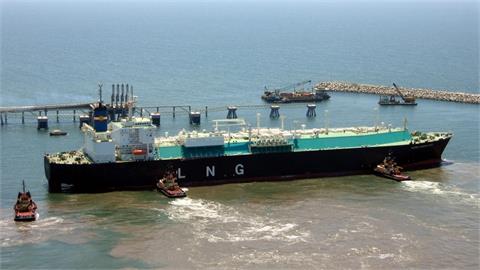Greece's left-wing government is to present its first concrete proposals for an alternative debt plan at an emergency meeting of eurozone finance ministers in Brussels later.
The government wants to overhaul 30% of its bailout obligations, replacing them with a 10-point plan of reforms.
But EU ministers have warned that Greece must abide by existing terms.
The EU-IMF bailout for the debt-laden country expires on 28 February and Greece does not want it extended.
Instead the new Athens government is asking for a "bridge agreement" that will enable it to stay afloat until it can agree a new four-year reform plan with its EU creditors.
Prime Minister Alexis Tsipras's government won a confidence vote on Tuesday, with the support of 162 deputies in the 300-seat parliament.
The Athens stock exchange then fell by more than 3% ahead of the emergency Eurogroup meeting, during which Greece's new leaders will unveil their controversial debt proposals.
Greece's Syriza-led government says the conditions of the €240bn (£182bn) bailout - sweeping spending cuts and public sector job losses - have impoverished Greece.
It rejects the "troika" team - the EU, International Monetary Fund (IMF) and European Central Bank (ECB) - overseeing the bailout's implementation.
High stakesThe government's proposal for overhauling its bailout comes in four parts, according to a finance ministry source widely quoted in Greek media.
Under the first part, Greece would co-operate on 70% of its bailout conditions but wants to scrap 30% - replacing it with 10 new reforms to be agreed with the Organisation for Economic Co-operation and Development (OECD). It is unclear what these would be.
The plan also includes bond swaps to reduce Greece's debt mountain and a proposal to reduce the primary budget surplus target for this year to 1.49% of GDP, rather than the 3% demanded by its creditors.
But a swift deal with the EU is unlikely. Most finance ministers, including Germany's Wolfgang Schaeuble, are insisting that Greece must not renege on its bailout conditions.
The Eurogroup ministers will report to Thursday's EU leaders' summit but a deal is not expected before the finance ministers meet again next Monday.
Greece's left-wing leaders struck a defiant tone on the eve of the key talks with the EU.
Finance Minister Yanis Varoufakis did not rule out clashing with his eurozone counterparts, saying: "If you are not willing to even contemplate a rift, then you are not negotiating."
The stakes of the talks are high because of fears that a Greek debt default could push it out of the euro, triggering turmoil in the EU.
The BBC's Chris Morris in Athens has been told that some elements of the government's proposals will show continuity with the bailout programme.
A source, who declined to be named, said the government was committed to reducing the debt burden, but it was considering various ways of doing that, "of which debt swaps is just one".
It is also committed to increasing social spending to deal with Greece's "humanitarian crisis", the source said.
Greece's debt currently stands at more than €320bn (£237bn) - about 174% of its economic output (GDP).
Key dates in Greek government's diary|
11 February |
Eurozone finance ministers due to hold emergency talks to discuss Greek plans |
|
12 February |
EU leaders' summit in Brussels |
|
16 February |
Eurogroup meeting due to discuss "state of play" in Greece |
|
28 February |
Current programme of loans ends |
|
First quarter of 2015 |
Greece's funding needs estimated at €4.3bn by end of March |
|
19-20 March |
EU leaders' summit |
|
20 July |
€3.5bn bonds held by the European Central Bank mature |
|
20 August |
€3.2bn bonds held by the European Central Bank mature |
Last month's election of an anti-austerity government led by left-wing Prime Minister Alexis Tsipras has raised fears that Greece could leave the euro.
Greece's Foreign Minister Nikolaos Kotzias is to visit Moscow on Wednesday. Syriza's election has led to suggestions that Greece could forge closer ties with Russia, although Greek officials have downplayed the idea.
The Greek Defence Minister, Panos Kammenos, said Greece might seek funding from Russia, China or the US if it failed to reach a new debt agreement with the eurozone.
(bbc.com)


